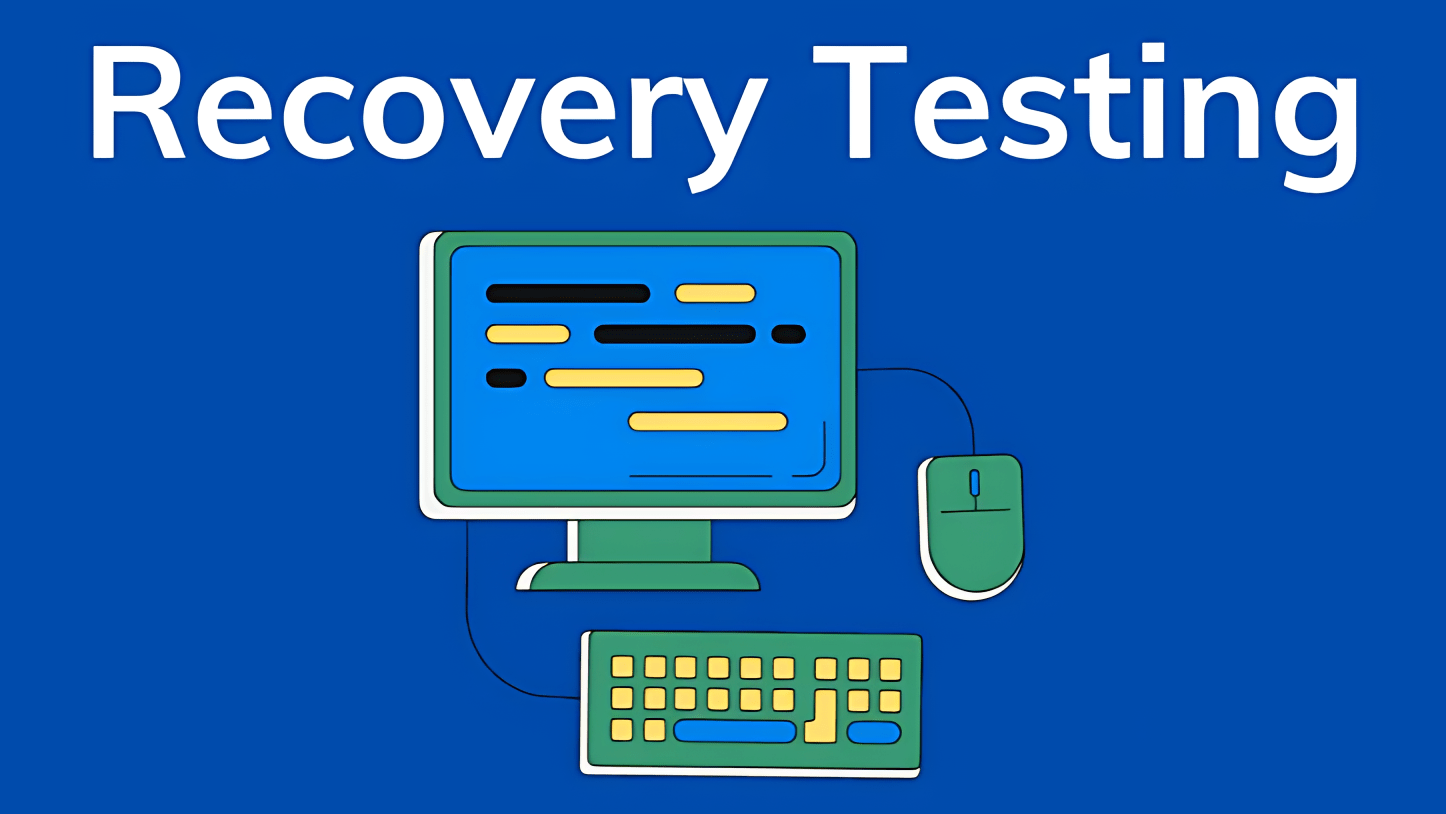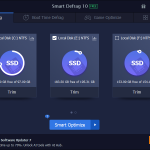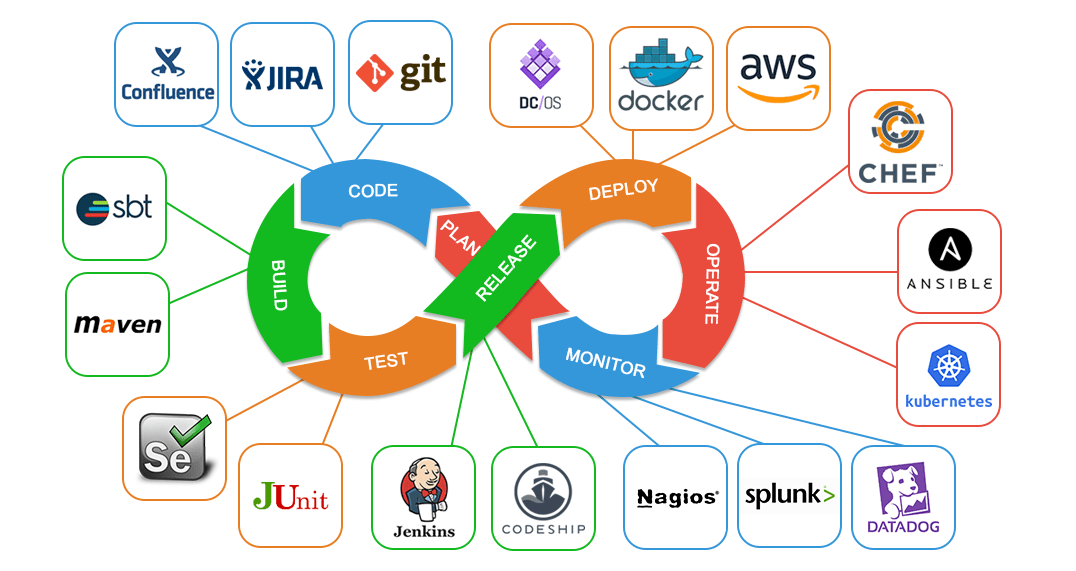Understanding PHP Development: A Comprehensive Guide
Frequently regarded as a somewhat polarizing language, PHP has cemented its role as one of the most widely-used server-side scripting languages available today.
PHP development services offer a wide range of solutions, from simple website development to complex web applications, which makes it a versatile choice for businesses of all sizes.
Despite assertions that it has been surpassed by more recent alternatives such as JavaScript or Python, PHP continues to increase in popularity each year, offering both non-technical business solutions and dependable technology partnership services.
PHP stands as one of the longest-established languages tailored specifically for a web development setting. One of the most prevalent web hosting and development platforms, WordPress, operates on PHP.
Let’s explore why PHP remains so widespread in today’s programming environment.

What Does a PHP Developer Do?
A PHP developer is fundamentally a software engineer skilled in PHP and various tools built upon it. They play a vital role in delivering comprehensive technology management and dependable tech solutions.
Typically, a PHP developer functions as a backend developer since they are likely to have experience with essential backend tools for smooth technology integration.
- Linux
- Apache
- MySQL
These components form the core of the well-known LAMP stack. Additionally, as PHP is primarily used to handle business logic, PHP developers often expand their expertise to include other languages, such as JavaScript.
PHP Developer Responsibilities
- Develop, evaluate, and implement new, inventive website applications with professionalism
- Utilize CSS, HTML, and JavaScript
- Apply effective coding practices for cost-efficient development solutions
- Test websites across various devices and browsers
- Investigate and assess different architectural considerations
- Collaborate and communicate with team members to resolve conflicts, prioritize tasks, and determine optimal solutions
- Formulate strategies to maintain an up-to-date website for scalable technology solutions
- Suggest enhancements for performance
- Refactor existing code to enhance architecture
- Provide detailed technical requirements, including product features, budget, languages, protocols, functionalities, structure, and deadlines
- Stay informed on the latest coding techniques and web technologies
Why Should I Use PHP?
PHP is widely recognized as highly accessible for web development, making it an excellent choice for delivering non-technical business solutions. Its ease of setup and affordability simplify deploying server-side applications. PHP is also known for its user-friendliness, making it easier to find skilled developers than in more niche programming languages.
Over the past few decades, PHP has undergone extensive maintenance and updates to ensure its functionality and relevance. The PHP development team has even integrated object-oriented programming, keeping it competitive with languages like JavaScript.
PHP is inherently designed to integrate smoothly with common database languages like MySQL, enabling smooth web development regardless of data volume. Specialized in handling large datasets on the server side, PHP integrates seamlessly into the web development environment.
Being an established language, PHP benefits from a vast developer community and extensive documentation, providing ample resources to help newcomers start using it effectively. Numerous tutorials and online forums offer guidance and tools to optimize PHP’s potential, fostering business growth through technology.
Additionally, PHP boasts an extensive framework of pre-built functions, offering reliable resources for creating diverse server-side modules and applications.
What Are the Benefits of Using PHP?
Open-source
PHP is an open-source programming language, allowing developers to access and use it without any licensing fees, making it an ideal choice for budget-friendly development services. Moreover, PHP frameworks are also available free of charge, streamlining the process of building web applications and solidifying PHP’s reputation as a reliable tech partner.
Platform independent
PHP operates seamlessly across all operating systems, enabling smooth integration on any platform, without requiring specialized software to display web applications in a browser. Its compatibility makes it a trustworthy solution, widely adopted as backend technology for many web applications globally.
Easy to learn
PHP was crafted to be straightforward and easy to manage. Developers familiar with other languages will find PHP distinct yet simple to grasp, ensuring that new developers can quickly onboard. This ease of adoption supports complete tech management and broadens the available talent pool, contributing to business growth through technology.
Database integration
Designed for backend functionality, PHP effortlessly connects to databases, allowing it to deliver scalable tech solutions. With built-in support for database connectivity, PHP facilitates effective data management, a key reason it is an integral component of the widely used LAMP stack.
Performance
PHP’s capability to handle databases efficiently makes it an optimal choice for creating high-performance web applications, even for users with slower internet connections. Its quick load times ensure efficient and cost-effective development, making PHP a highly reliable choice.
Maintenance
PHP uses the MVC (Model-View-Controller) architecture, which helps keep code organized, easy to maintain, and scalable. This well-structured codebase ensures stability and supports sustainable growth for businesses through technology.
Security
PHP offers built-in tools and features that protect web applications from security risks, such as SQL injections, data tampering, and unauthorized access, enhancing its appeal as a secure choice for developers.
Stability
With a long-standing presence in the development world, PHP has achieved a high degree of stability compared to newer languages. Its established and robust performance continues to make it a reliable choice for stable web applications.
Community support
PHP boasts an extensive and vibrant community, particularly across platforms like Stack Overflow, where developers can find answers to a vast range of questions. This wealth of community-driven resources enables easy implementation and solutions for developers at any skill level.
What Should I Look for in a PHP Developer?
At a high level, skilled PHP developers should be capable of:
- Working with frontend languages. Comfortable using JavaScript, HTML, and CSS for developing interactive, user-friendly web applications.
- Proficiency in PHP 7.x. Experienced in the latest PHP 7 versions, ensuring the developer is up-to-date with modern PHP standards.
- Utilizing Ajax, jQuery, and MySQL. Proficient in these technologies to create dynamic, data-driven web experiences.
- Working with APIs, Unix/Linux systems, and MVC framework architecture. Familiarity with these tools supports flexible, modular application development.
- Using PHP frameworks. Able to work with PHP frameworks such as: CakePHP, PHPUnit, Slim Framework, Laravel Framework.
Summing Up
PHP offers immense value and can be harnessed for business advancement through technological innovation and smooth system integration. Embracing PHP could be an ideal choice to explore if you’re seeking a dependable technology ally for web development initiatives.






